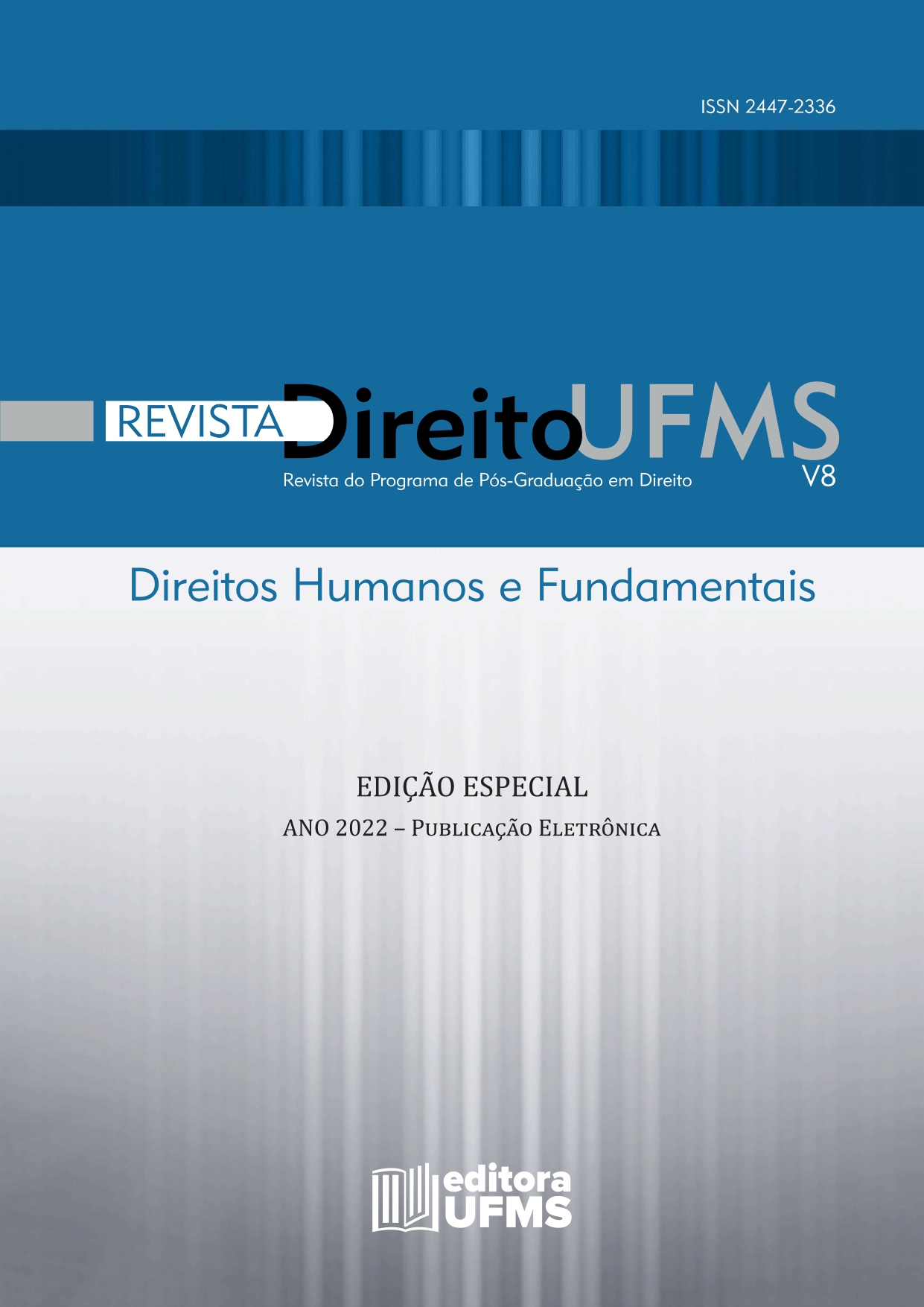INCENTIVOS FISCAIS COMO INSTRUMENTO DE POLÍTICAS PÚBLICAS À LUZ DO ENFOQUE CRÍTICO DO CONSTITUCIONALISMO CONTEMPORÂNEO
Abstract
This article proposes to analyze tax incentives as an instrument of public policies and the main challenges so that they effectively serve to realization of fundamental rights, in an interdisciplinary approach, which combines the public policy analysis (Political Science), the critical focus of contemporary democratic constitutionalism (Constitutional Law) and the perspective of extrafiscality (Tax and Financial Law). The problem underlying the research is the rhetorical conflict of narratives between more austere governments in terms of fiscal responsibility with regard to incentive practices and others that emphasize the positive aspect of those tax instruments, without sufficient empirical basis to support either conclusion. To do so, it starts with theoretical references such as the public policy cycle and the singular importance of the evaluation phase based on scientific evidence; the constitutionalism of the spectacle as a critical diagnosis of the contemporary constitutional experience; good public administration as a fundamental right and, finally, the ideas of extra-taxation and the back side of the tax to understand tax incentives and the resulting tax expenditure as sides of the same coin and also instruments for the realization of fundamental rights, as well as the challenges that these instruments present for the effectiveness of constitutional objectives. The hypothesis raised in this paper is that, when fiscal incentives are inserted in the dynamics of the public policy cycle, the phase of evaluation the results of these tax instruments is the one that presents the greatest challenges for their practical implementation, to the detriment of the effectiveness of those incentives. The objective of this paper, therefore, is to identify challenges that are presented to overcome this ineffectiveness syndrome (or degenerate effectiveness), as well as to present theoretical contributions that allow to advance in the direction of the effectiveness of fiscal incentives. This article uses the bibliographic research method and the literature review on the topic. Finally, the hypothesis raised is confirmed and it is concluded that, without a careful evaluation about the effectiveness of tax incentives as an instrument of public policies, these tend to have negative effects on the realization of fundamental rights which, in terms of constitutional discourse, aim to satisfy.
I (we), below signed, transfer all the Copyright rights of the article entitled (title) to the UFMS LAW REVIEW – UFMSLR.
I (we) declare that the paper is original and that it is not being considered for the publication in another journal, be it in electronic or printed format.
I (we) have complete knowledge the journal reserves the right to effectuate alterations of normative, orthographic and grammatical order in the originals, with the objective to maintain the cult pattern of the language, respecting, however, the authors’ style and that the originals will not be returned to the authors.
















